Drone Laws in Venezuela
Hobbyist Drone Laws For Residents of Venezuela
Drone Operations in Venezuela are currently regulated.
- Hobbyist drone flights are allowed in Venezuela
- Hobbyist Venezuela drone pilot license is required except for Class 1 RPAS
- Hobbyist Drone registration is required in Venezuela for hobbyists
- Drone Remote ID is not required in Venezuela for hobbyists
- Drone Insurance is not required but recommended for hobbyists’ drone operations in Venezuela
Read below for more details on Hobbyist Drone Laws in Venezuela and to find links to regulators and other credible sources!
Agencies Responsible for regulating drones in the Bolivarian Republic of Venezuela
Drone Regulator in Venezuela: National Institute of Civil Aeronautics (INAC)
Link to Venezuela Drone Laws: Venezuela Drone Regulations
UAS Laws – General rules for flying drones in Venezuela
The Venezuelan agency responsible for drone safety, INAC, has provided several internet-accessible details on flying a drone for fun or work. The highlights are enumerated below. For more details go to the link above.
Are drones allowed in Venezuela?
Here are the most important rules to know for flying a drone in Venezuela:
Venezuela divides remotely piloted aircraft into different classes according to weight:
- Class 1 Mini RPA: less than 3 kilograms
- Class 2 RPA Ligeros: between 3 and 25 kilograms
- Class 3 RPA Livianos: between 25 and 150 kilograms
- Class 4 RPA Pesado: more than 150 kilograms
This classification does not differentiate between private and commercial use.
Licensing Requirements for Flying a Drone in Venezuela
Venezuela has several categories of licenses for drone operations. Here are the basic requirements for obtaining a license to operate a drone in Venezuela:
- Applicants must be Venezuelans or nationals of countries that grant reciprocal rights to Venezuelans.
- Spanish is a language that must be spoken, read, and written.
- Possess a valid Aeronautical Medical Certificate for the type of license held.
- To operate class 1 drones, a pilot must be at least 13 years old, possess a valid license, and have a medical certificate.
- In Venezuela, drones must be registered. This appears to be accomplished through the use of this online platform. Additionally, a registration form includes a list of additional required documents.
Registration
Before flying in the national airspace, all RPAs must be registered with the National Aviation Registry (“RAN”).
Registration marks will be granted to only those classified as Class 3 or 4. All other classes will receive a Registration Proof Certificate.
Venezuela Drone registration Form for National Aerospace
Airworthiness
To fly in the national airspace, RPAs classified as Class 4 must obtain a Certificate of Airworthiness from the CAA.
RPAs classified as Class 2 and 3 do not. Rather than that, they must obtain a Certificate of Conformity with Airworthy Condition certifying that the RPA is safe to fly.
For Class 1 RPAs, no proof of airworthiness is required. Still, the operator must submit a Declaration of Safe Operation and Conformity with Original Design to the CAA if the RPA is used in commercial operations.
Safety distances and flight bans
Airports should be kept at a distance of 9 kilometers. Class 1 and Class 2 RPAs can fly up to 400 feet in altitude.
You can fly only during daylight hours. The pilot must maintain a line of sight with their drone. If it is class 1 (less than 3 kilograms in weight), it may fly up to 500 meters.
A distance of 1.8 kilometers should be maintained between the president’s residence, domestic and foreign authorities, basic industry facilities and companies (iron, steel, electricity, petrochemicals), and military, police, and prison facilities.
Operations
All operations must be conducted during daylight hours and in visual flight rules (VFR) conditions.
You must avoid flying over populated areas and private property to photograph or film without the owner’s permission.
RPAs classified as Class 1 or Class 2 are limited to a maximum altitude of 400 feet (122 meters) from the point of take-off and must remain within 500 meters (700 meters) of visual line of sight (VLOS). These restrictions do not apply to RPAS classified as Class 3 or Class 4, as the manufacturer’s manual will determine their performance.
No drone may be operated within five nautical miles or 9 kilometers of any airport or within a 1.8-kilometer radius of the following: (1) the President of the State; (2) any military or police station; (3) any prison; or (4) any oil and mineral-processing companies classified as ‘strategic industries.’
Notes for recreational drone pilots flying for fun in Venezuela
No authorization is required to operate a Class 1 or Class 2 RPA for recreational purposes.
For the recreational operation of Class 3 and Class 4 drones, you require special CAA authorization.
Pilots who operate drones for recreational purposes must be at least 13 years old and possess a Certificate of Successful Completion of an RPA Course from a recognized training organization.
You must maintain a civil liability policy to cover damages to third parties caused by your operation. This insurance policy must also be validated before the CAA to operate Class 3 or Class 4 RPAs.
No license is required to operate Class 1 RPAs recreationally. However, a valid license is required for all other classes.
Commercial Drone Laws For Residents of Venezuela
Drone Operations in Venezuela are currently regulated.
- Commercial drone flights are allowed in Venezuela
- Commercial Venezuela drone pilot license is required
- Commercial Drone registration is required in Venezuela for commercial drone operators
- Drone Remote ID is not required in Venezuela for Commercial Drone Operators
- Drone Insurance is not required for commercial drone operations in Venezuela
Read below for more details on Commercial Drone Laws in Venezuela and to find links to regulators and other credible sources!
Notes for operating Commercial Drone Services in Venezuela
Any operator wishing to operate drones commercially in Venezuela must first obtain a drone operator certificate, or “ROC” (Remote Aircraft Operator Certificate – the equivalent of the AOC (Aircraft Operator Certificate) used in traditional commercial aviation).
The regulation makes no distinction between international and domestic RPA operators. As a result, unless the CAA provides otherwise, the certification procedure is open to both.
Although the regulation specifies a 30-day certification period for Class 1 and Class 2 RPAs and a 90-day certification period for Class 3 and Class 4 RPAs, certification typically takes much longer.
Drone Regulations For Visitors To Venezuela
Drone Operations in Venezuela are currently regulated.
- Foreign visitor drone flights are allowed in Venezuela
- Foreign visitor drone pilot license is required
- Drone registration is required in Venezuela for visitors/tourists
- Drone Remote ID is not required in Venezuela for tourists
- Drone Insurance is not required but recommended for tourist drone operations in Venezuela
Read below for more details on Drone Laws in Venezuela for Visitors (Tourists) and to find links to regulators and other credible sources!
Drone Rules For Government Drone Operators in Venezuela
Drone Operations in Venezuela are currently regulated.
- Government drone flights are allowed in Venezuela
- Government drone pilot license is required
- Drone registration is required in Venezuela for Government operations
- Drone Remote ID is not required in Venezuela for Government operations
- Drone Insurance is not required for Government drone operations in Venezuela
Read below for more details on Drone Laws Venezuela for Government Drone Operations and to find links to regulators and other credible sources!
Useful published information on flying drones in Venezuela
Here is an example of what you can expect to discover when flying a drone legally in Venezuela…
Authoritative Sources of Information on Venezuela Drone Laws
We will attempt to keep an updated list of online authoritative links to regulators and other official websites here:
- Drone Regulator Website: National Institute of Civil Aeronautics (INAC)
- Link To SUAS Laws: Venezuela Drone Regulations
- No Fly Zone Maps/Locations: N/A
- UAV Registration Site: N/A
- Drone Operator Licensing Site: N/A
- Others: N/A
NOTE: This page is about the Regulation of Unmanned Aerial Vehicles: Small Unmanned Aerial Systems (SUAS), Small UAS, Remote Piloted Aerial Systems (RPAS), unmanned aerial vehicle (UAV), Unmanned Aerial System (UAS), and drone are interchangeable terms unless specified. Model Aircraft, toy, remote-controlled, and RC aircraft may be covered by the same regulations unless specified.
Find out why
We think you must use a Drone Preflight Checklist
And a Drone Post-flight checklist
Free Drone Flight Checklist PDF
This Drone Flight Checklist is better than others.
It’s free!
It includes both the preflight checklist and post-flight checklist
It’s an easy-to-use printable PDF that covers all your bases.
Traveling with a Drone?
Click here to read our Comprehensive Guide For Traveling With A Drone.
LET US CONNECT YOU
Calling All Drone Service Companies, Trainers, Tour Guides with Drone Experience
Contact Us with your website, email address and phone number using our Contact Page
We want to share your information with visitors who look for credible providers that follow the rules.
NOW IT’S YOUR TURN
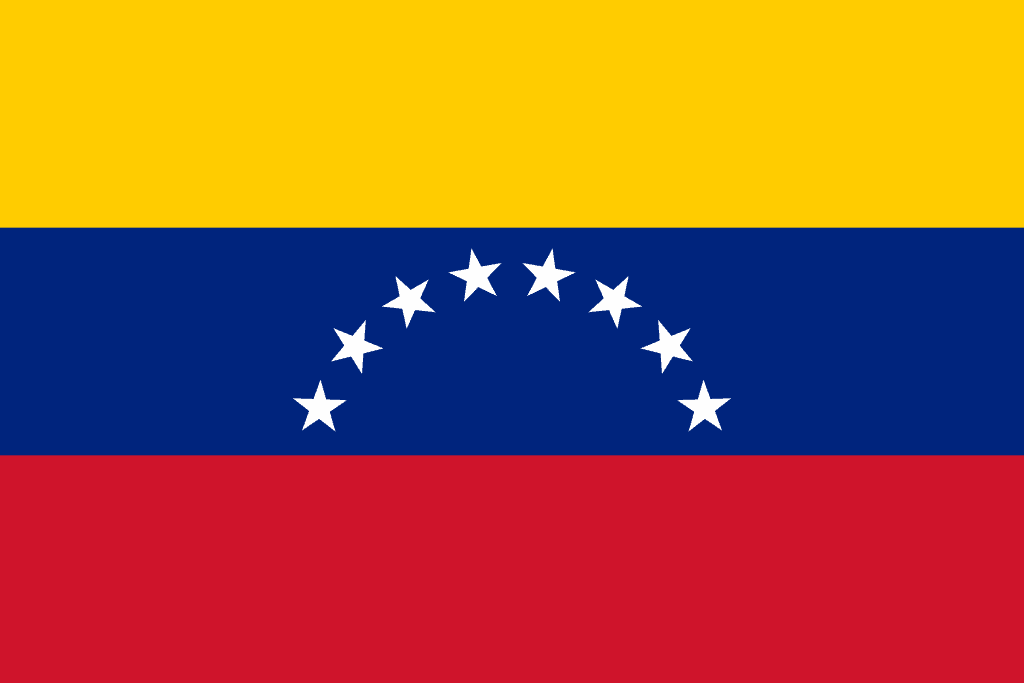
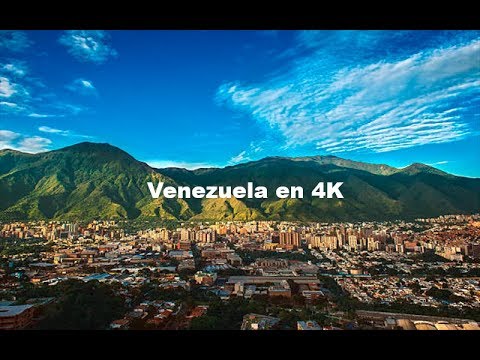
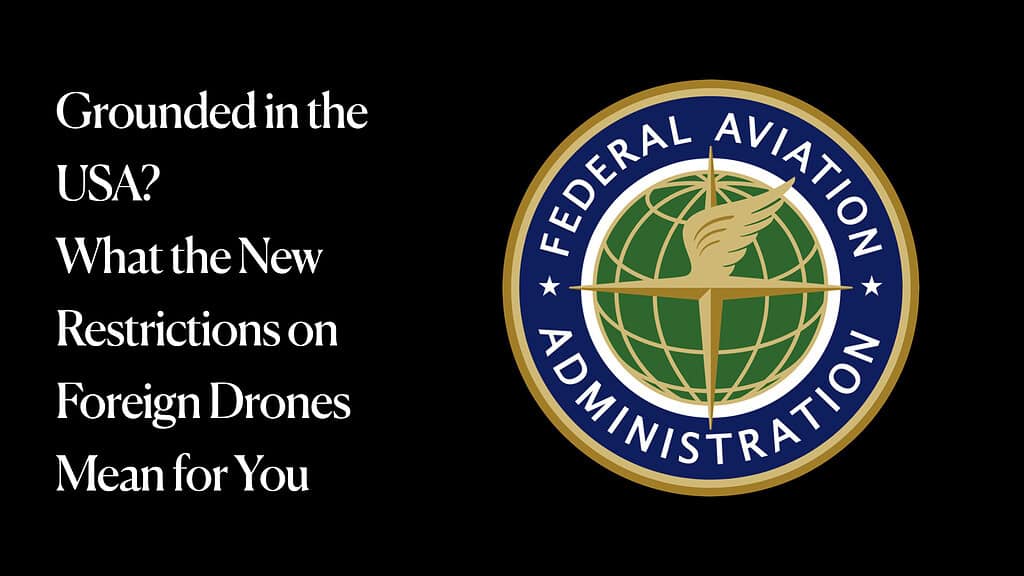
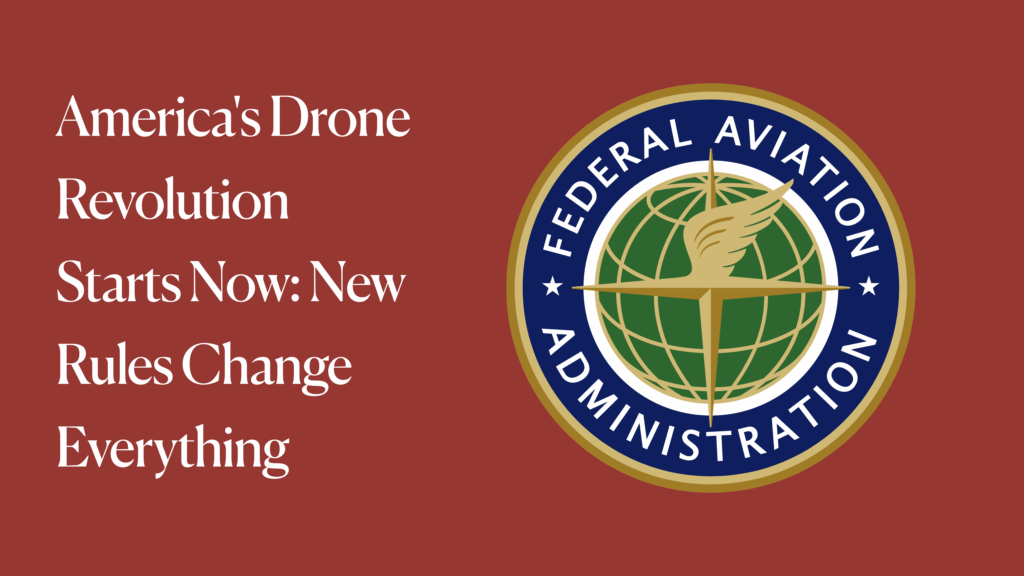
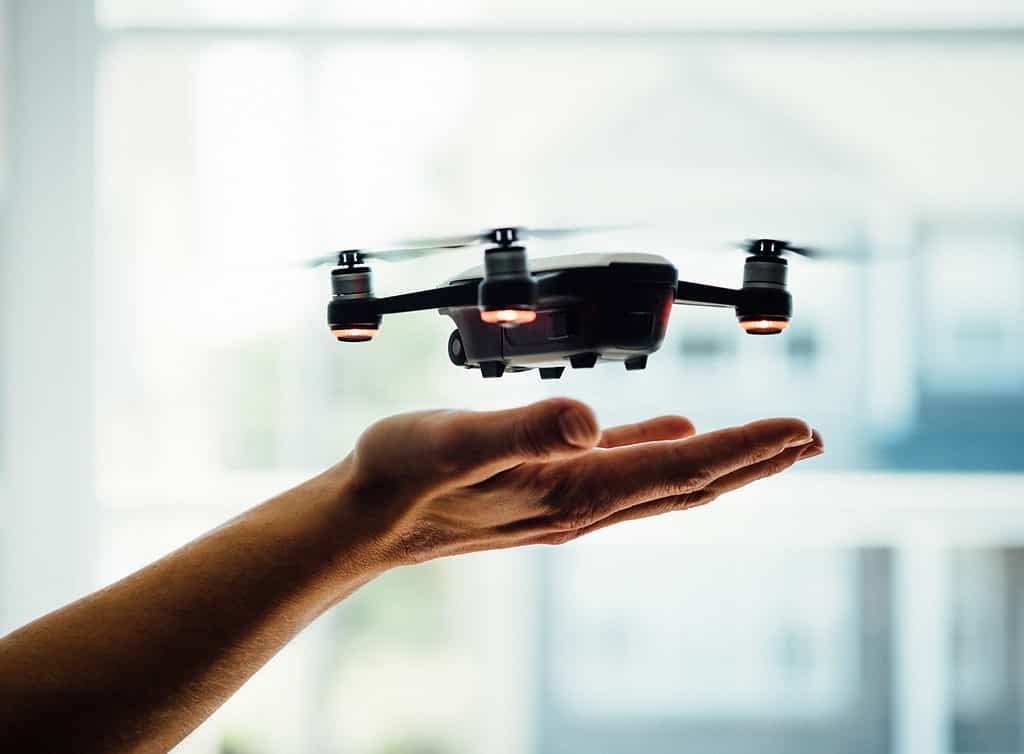
Leave a Comment